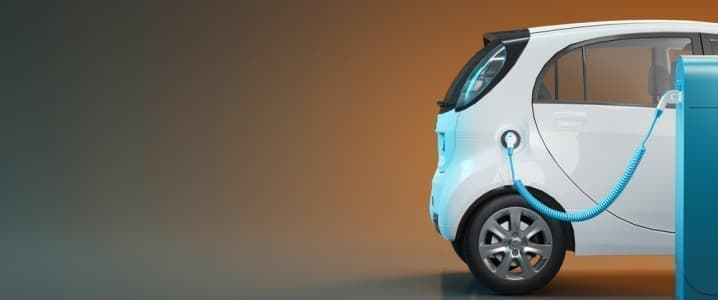In fairness, the Tesla Semi is more suited to short-haul runs than cross-continent long-hauls.
Plenty of tractor-trailers do distribution-center duty: go to (let's say) a Walmart distribution center, load up with whatever store X needs, drive across town to store X, unload, then back to the DC to load up with whatever store Y needs, and so forth. I gather that this is what Pepsico (first customer) is going to be doing with theirs. Those trucks can recharge at the DC while they are being loaded up, so they need the range to get from the DC to the furthest store that this DC serves, and back.
Tractor-trailer driving distance is also legally limited by how much time the drivers are allowed to drive in one shift. Unless the truck has a sleeper cab ... it's going back to a home-base somewhere after that shift.
From the petroleum-consumption point of view, long-haul trucking is a nut that has yet to be cracked, but that's not an excuse to not solve the part of the problem that we DO know how to solve.
Plenty of tractor-trailers do distribution-center duty: go to (let's say) a Walmart distribution center, load up with whatever store X needs, drive across town to store X, unload, then back to the DC to load up with whatever store Y needs, and so forth. I gather that this is what Pepsico (first customer) is going to be doing with theirs. Those trucks can recharge at the DC while they are being loaded up, so they need the range to get from the DC to the furthest store that this DC serves, and back.
Tractor-trailer driving distance is also legally limited by how much time the drivers are allowed to drive in one shift. Unless the truck has a sleeper cab ... it's going back to a home-base somewhere after that shift.
From the petroleum-consumption point of view, long-haul trucking is a nut that has yet to be cracked, but that's not an excuse to not solve the part of the problem that we DO know how to solve.






















